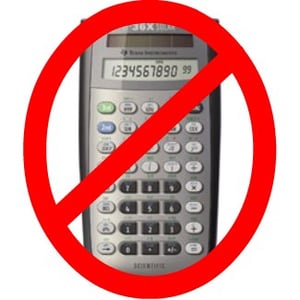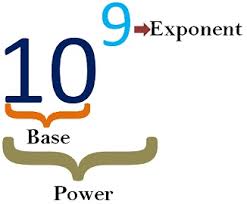This is the first in a multipart series on how to go about studying for the GRE or GMAT. We don’t plan on going into detail on specific concepts covered on the GRE or specific test-taking strategies in this series. Instead, the intention is to cover higher level, foundational issues around preparing for these exams, such as what type of support to get, what materials to use, what mindset to cultivate, etc. This article is being posted on our GRE blog, but we’ll switch from GRE to GMAT over time, as the concepts are broadly applicable to both exams.
GRAD School / MBA News and GMAT / GRE Strategy
Stay current with the latest grad school or MBA admissions news as well as proven GMAT and GRE strategies.
Posts about gre quantitative:
How to Leverage Psychology and the Science of Skill Acquisition to Improve Your GRE Score
 There is certainly a lot of content you must master to earn a high score on the GRE. Your mathematics, verbal reasoning, reading comprehension, and writing skills will be tested and obviously are key to earning a 90thpercentile GRE score (or better).
There is certainly a lot of content you must master to earn a high score on the GRE. Your mathematics, verbal reasoning, reading comprehension, and writing skills will be tested and obviously are key to earning a 90thpercentile GRE score (or better).
GRE Strategy: A Guide to Quantitative Comparison Questions
 The GRE’s Quantitative section doesn’t test particularly advanced math, but it does demand that you apply a variety of fundamental concepts in many novel ways.
The GRE’s Quantitative section doesn’t test particularly advanced math, but it does demand that you apply a variety of fundamental concepts in many novel ways.
Use a Standard Approach to Conquer GRE Quantitative Comparisons
One of the first thoughts that befuddles many potential GRE students is – How exactly do these Quantitative Comparisons work? This is the subject of today’s video tutorial with our Director of Online Tutoring – Stefan Maisnier.
How to Win Time by Losing the Calculator on the GRE
 The GRE may not be a fun test, but it’s also not a cruel test. Unlike other standardized exams you need to take to get into grad school, the GRE lets you use a calculator on the Quantitative section. In fact, the GRE actually provides you with a calculator.
The GRE may not be a fun test, but it’s also not a cruel test. Unlike other standardized exams you need to take to get into grad school, the GRE lets you use a calculator on the Quantitative section. In fact, the GRE actually provides you with a calculator.
Perfecting the GRE Quantitative: Become an Exponents Expert
 Like the thousands of other humanities people getting ready to take the GRE, you may not have thought about exponents since high school. You probably spent your undergraduate years thinking a lot more about existentialism than exponents, and now need to feel confident enough about that tiny superscript number to work with it over and over again on the GRE.
Like the thousands of other humanities people getting ready to take the GRE, you may not have thought about exponents since high school. You probably spent your undergraduate years thinking a lot more about existentialism than exponents, and now need to feel confident enough about that tiny superscript number to work with it over and over again on the GRE.
